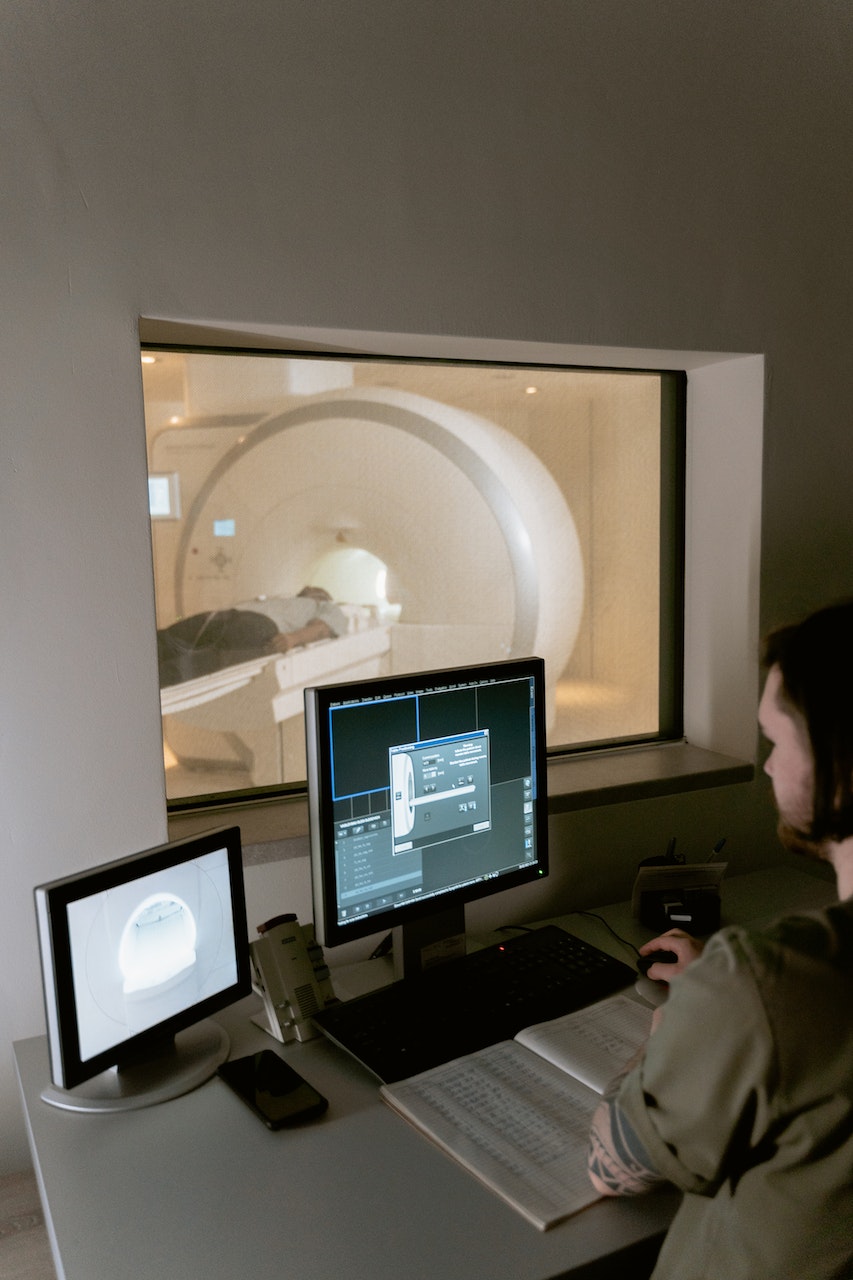Sandwell and West Birmingham NHS pelvic organ prolapse recall

Sandwell and West Birmingham Hospital NHS Trust initiate recall for former patients of Dr Angamuthu Arunkalaivanan over concerns surrounding historic treatment for Pelvic Organ Prolapse
We have been informed that Sandwell and West Birmingham Hospital NHS Trust has written to former Urogynaecological patients of Dr Angamuthu Arunkalaivanan. The recall is for patients who have been treated by Mr Arunkalaivanan is following the use of mesh treatments for Pelvic Organ Prolapse (POP) which had been banned by the Trust.
Why is the recall happening?
It is believed that Mr Arunkalaivanan continued to use surgical synthetic mesh to treat patients suffering with Pelvic Organ Prolapse despite the Trust banning its use following concerns raised about the long term effectiveness of the treatment, together with concerns over the risks of failed treatments that have led some patients suffering horrific complications.
Sandwell and West Birmingham Hospital NHS Trust specifically banned the use of surgical mesh implants to treat Pelvic Organ Prolapse due to the concerns that had been raised. Yet despite the Trust banning its use, it appears that Mr Arunkalaivanan continued to offer and perform the course of treatment without any authority to do so from the Trust.
Why was the use of mesh implants for Pelvic Organ Prolapse banned?
The Trust banned the use of the treatment following concerns that were raised by The National Institute for Health and Care Excellence (NICE) who said that “there is not much good evidence about how well this procedure works in the long term†as well as citing risks of major complications. A number of women worldwide who have had the treatment have experienced significant problems, with some women suffering irreversible damage.
In light of the findings, the Trust decided against offering the treatment to its patients, but it appears that Mr Arunkalaivanan has continued to perform the surgery, contrary to Trust policy.
Known risks of using mesh implants...
The use of mesh implants for Pelvic Organ Prolapse has been widely investigated, and there are a number of very serious risks involved in having the treatment. Any patient considering the treatment should be very well informed of the risks involved, and the treatment should only be carried out by a Gynaecologist with special expertise and training.
Risks involve:
- Infections
- Bleeding and scarring
- Incontinence
- Loss of sexual function or pain during intercourse
- Erosion, protrusion, or altered shape of the device (requiring further surgery)
- Recurrent prolapsing
- Pain and mobility problems
- Organ injuries
Why is this recall a serious matter?
With reference to the above, Sandwell and West Birmingham Hospital NHS Trust specifically banned the use of surgical mesh treatment for Pelvic Organ Prolapse, yet Mr Arunkalaivanan has allegedly continued to perform it. Because the risks of the procedure are so significant, patients need to be very carefully informed about the risks, and the treatment needs to be carried out by a specially trained Gynaecologist.
There is currently no evidence as to what information was given to patients, nor is there any certainty in Mr Arunkalaivanan being specifically capable of performing the procedure.
NICE Guidelines state that clinicians who wish to undertake such procedures should take the following actions:
- Inform the clinical governance leads in their Trusts.
- Ensure that patients understand that there is uncertainty about the long-term results and there is a risk of complications, including sexual dysfunction and erosion into the vagina, which would require additional procedures. They should provide them with clear written information. In addition, the use of the Institute's information for patients ('Understanding NICE guidance') is recommended.
- Audit and review clinical outcomes of all patients having surgical repair of vaginal wall prolapse using mesh.
With the fact that Mr Arunkalaivanan was carrying out the procedures in a hospital that had banned its use, we can only assume that these steps were not followed. Given the seriousness of the complications that can arise, taking such irresponsible action leaves us with no confidence that any of the NICE Guideline steps were followed at all, or have been followed with any degree of adequacy.
Previous research has concluded that the two primary concerns surrounding the use of the implants was the failure by consultants to adequately inform of the risks; and the fact that surgical technique (as opposed to the implants themselves) is the main reason for implant failure. With this in mind, there are serious uncertainties as to whether the procedures carried out by Mr Arunkalaivanan were conducted properly or where conducted with adequate patient consent.
It’s worth mentioning that Mr Arunkalaivanan is currently not licensed to practice medicine here in the UK, with this being the case since early 2015. He has also been the subject of previous investigations by the General Medical Council that resulted in a suspension, although this was later overturned following an appeal.
What can I do if I have received a letter about my treatment with Mr Arunkalaivanan?
You can contact our specialist medical negligence lawyers on 0800 634 7575 for free and confidential advice; all on a no obligation basis.
IMPORTANT WARNING: All areas of medical negligence are typically complex, and you must always ensure that you have a specialist medical negligence legal team fighting your case. Many law firms who advertise their services are either non-specialist firms with little or no experience in representing victims for serious and complex clinical negligence claims, or they are claims management companies who refer you to a solicitor, meaning you do not get a say in who acts for you, and they too may not be properly qualified to help you.
We have helped thousands of victims for medical negligence compensation claims that have ranged from implant and device compensation claims, to poor surgical practice, and failing to properly inform patients of risks before conducting treatments and procedures. Our lawyers – who have decades of experience in helping medical negligence victims - have recovered millions of pounds for victims who have successfully claimed for medical negligence compensation.
We can help you, and we are here to support you. If you need our advice, please don’t hesitate to contact us.











